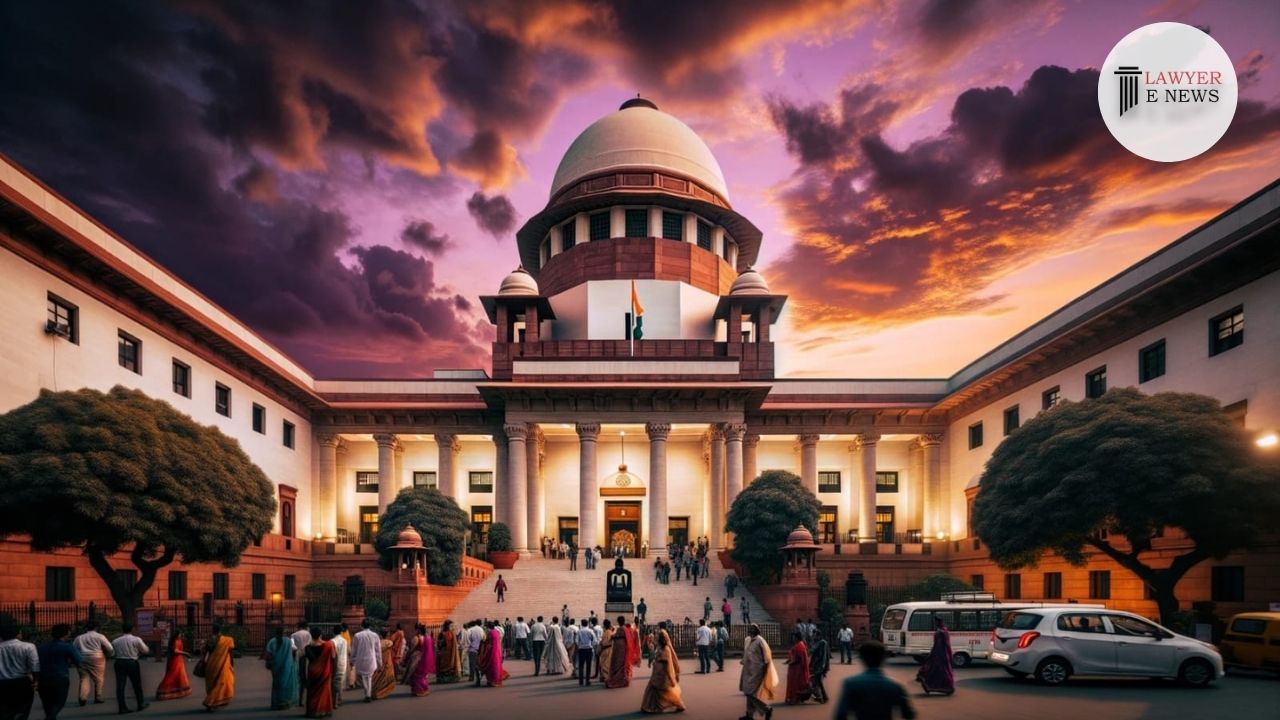-
by sayum
14 February 2026 2:22 PM



In a landmark judgment, the Supreme Court of India clarified the interpretation and application of Section 50 of the Narcotic Drugs and Psychotropic Substances Act, 1985 (NDPS Act). The Bench, comprising Justices M.M. Sundresh and J.B. Pardiwala, put to rest speculations surrounding the compliance requirements under Section 50 during the search and seizure processes.
The judgment came as a response to an appeal filed by Ranjan Kumar Chadha, who was convicted under Section 20 of the NDPS Act by the High Court of Himachal Pradesh.
In a significant observation, the apex court stated, "We are of the view that even in cases wherein the suspect waives such right by electing to be searched by the empowered officer, such waiver on the part of the suspect should be reduced into writing by the empowered officer." The Court further added that this "would lend more credence to the compliance of Section 50 of the NDPS Act. In other words, it would impart authenticity, transparency and credit worthiness to the entire proceedings."
The Court laid down several principles for compliance with Section 50, stressing the necessity of informing the person to be searched of their right to have the search conducted in the presence of a Gazetted Officer or Magistrate.
The Court also took the opportunity to clarify conflicts between previous rulings on whether Section 50 applies when both the person and an associated object—like a bag or vehicle—are searched. "In cases where nothing is recovered during the personal search but contraband is found in the bag or object associated with the accused, Section 50 of the NDPS Act is not required to be complied with," observed the Court.
Legal experts and activists regard this judgment as a significant milestone, stating that it will enhance transparency and lend credibility to future search and seizure operations under the NDPS Act.
The judgment has been marked as 'reportable', indicating its legal significance and its ability to serve as a precedent in similar cases.
Date of Decision: 06 October 2023
RANJAN KUMAR CHADHA vs STATE OF HIMACHAL PRADESH
